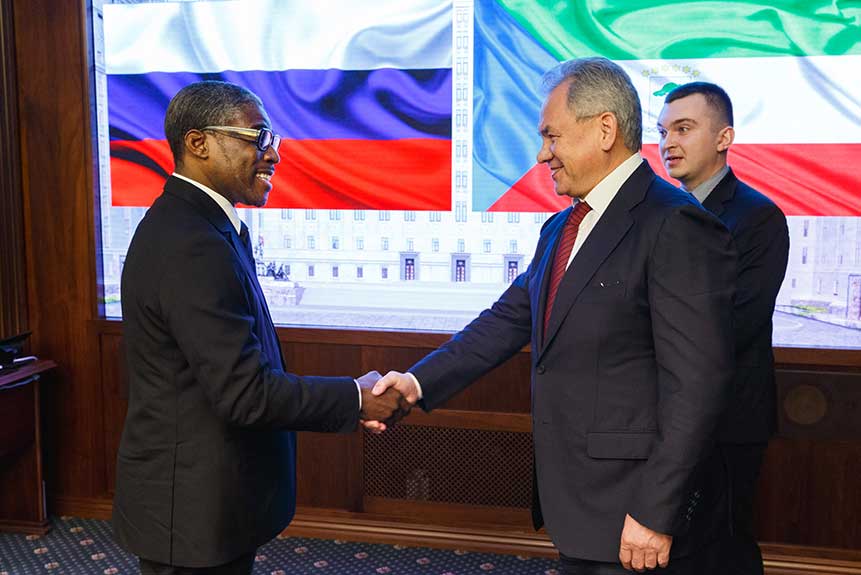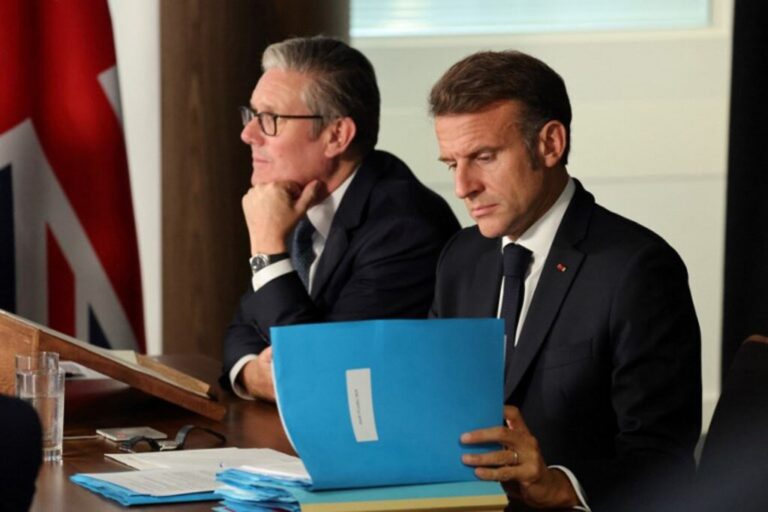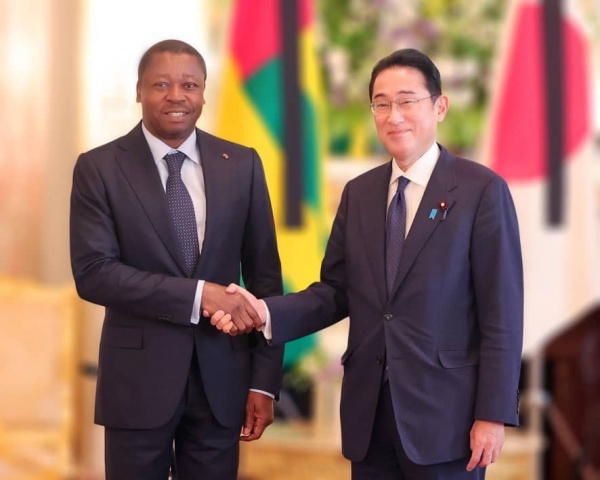
Russia deepens ties with Togo through a new military cooperation agreement. The agreement will allow joint military exercises and intelligence sharing. Russia is set to train Togolese forces and assist with medical support and logistics. This development is part of Moscow’s broader strategy to expand its influence in West Africa and reduce reliance on Western partners.
The Russian government recently approved a draft law to ratify the agreement with Togo. Russian officials said the tie will include joint drills and operational cooperation. They also mentioned support for military healthcare and border infrastructure. Analysts say this cements Russia’s presence near the Gulf of Guinea and strengthens its strategic reach.
Togo has received a small number of Russian military advisers to help build a camp on its northern border with Burkina Faso. The camp aims to curb jihadist threats emanating from that region. The advisers are part of a growing network of Africa Corps alongside similar deployments in Mali and Burkina Faso. This group replaces the Wagner private military company and operates under Moscow’s military command.
Togo also acquired Russian helicopters in recent years. These included Mi-35 combat helicopters and Mi-17 transport aircraft. Between 2012 and 2022, Togo became the leading recipient of Russian military hardware among Francophone coastal states in West Africa. That shift symbolized Moscow’s growing influence where France once dominated.
Russian companies recently exported mineral fertilizer and grain to Togo. Trade remains modest at around US$10 million and yet is expected to grow. Moscow also plans to open an embassy in Lomé by 2026. This reflects wider economic ties alongside military cooperation.
Observers say Russia deepens ties with Togo to use it as a logistical node. Its Atlantic port could serve Kremlin interests by supporting operations in the region. Analysts also suspect Moscow wants to counter the influence of France, the US and others in West Africa. Some note the move fits Russia’s broader pattern of operating through security pacts and elite partnerships.
Critics warn that such alliances may entrench authoritarian tendencies and undermine democracy. Russia’s military footprint in Niger, Burkina Faso and Mali shows how Kremlin ties can support regimes unconstrained by Western norms. In Togo, themilitary pact follows a period of political consolidation around Faure Gnassingbé. He reshaped the constitution to remain in power as prime minister with unlimited authority. The political space in Togo is already restricted and experts fear the pact may reinforce it.
Russia’s influence also extends through information campaigns. Across West Africa, coordinated disinformation efforts have promoted pro-Russia narratives and undermined France. Analysts say these campaigns fuel anti-West sentiment and bolster Moscow’s appeal in countries with weak governance or recent coups.
Both governments present the deal as strengthening security and countering regional instability. They say Togo will benefit from better training and equipment to manage cross-border threats. Moscow claims that its support reflects respect for Togolese sovereignty and development needs. Both sides emphasize practical cooperation over ideology.
Meanwhile, Togo’s non-Western partners, including the United States, watch closely. Nigeria and Ghana remain key regional hubs, but Russia’s growing reach now includes several Sahel and coastal states. Some regional officials warn of risks tied to dependence on foreign military assistance. They point to potential loss of autonomy and influence from major powers.
In summary, Russia deepens ties with Togo marks a strategic pivot in West Africa. Moscow seeks to solidify its presence via military cooperation, advisory missions, and defense hardware. The pact may shape regional power dynamics and reduce Western influence in the Gulf of Guinea. Togo may gain security benefits, but critics caution that deeper ties may affect democratic norms and regional balance.



